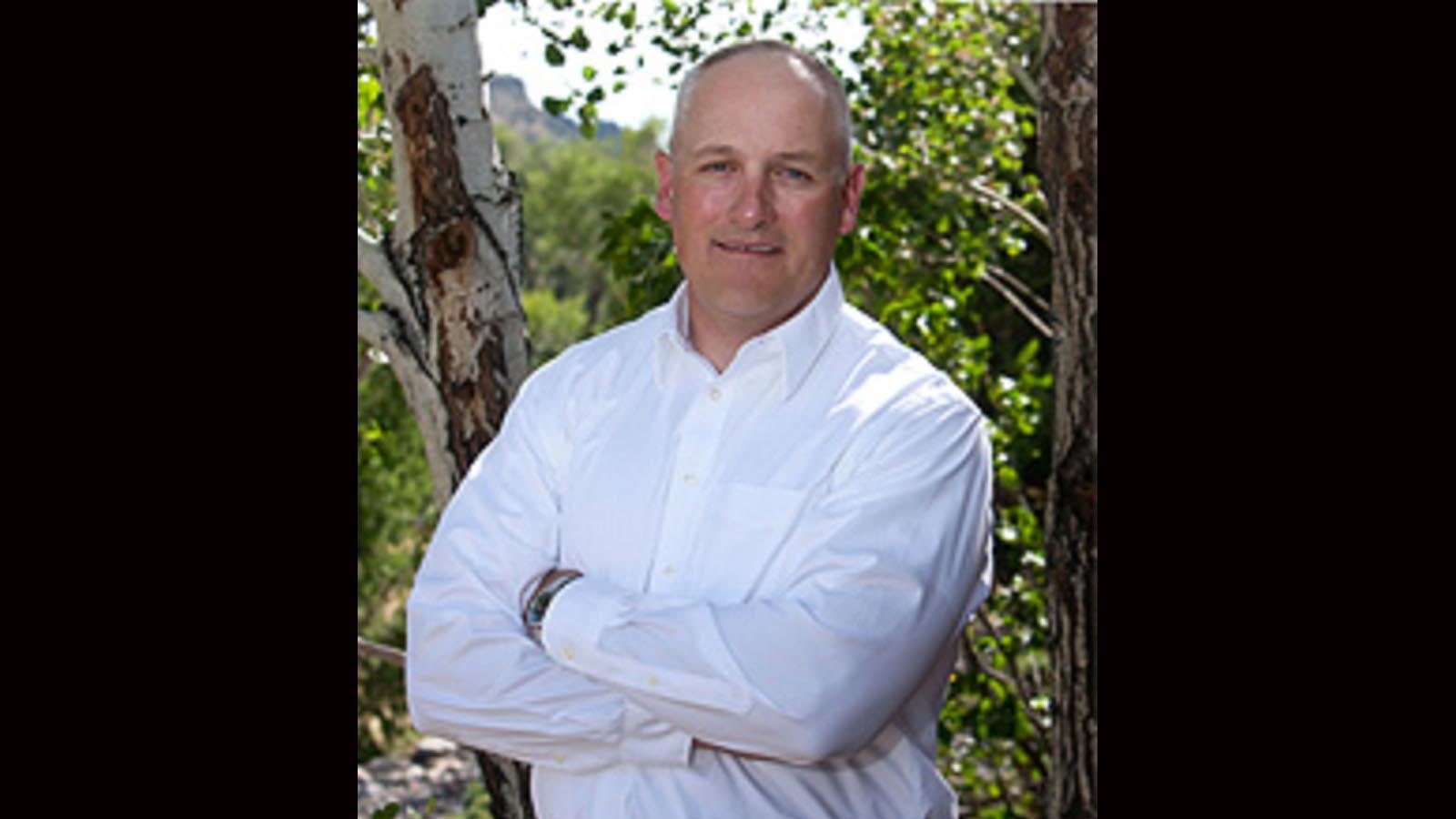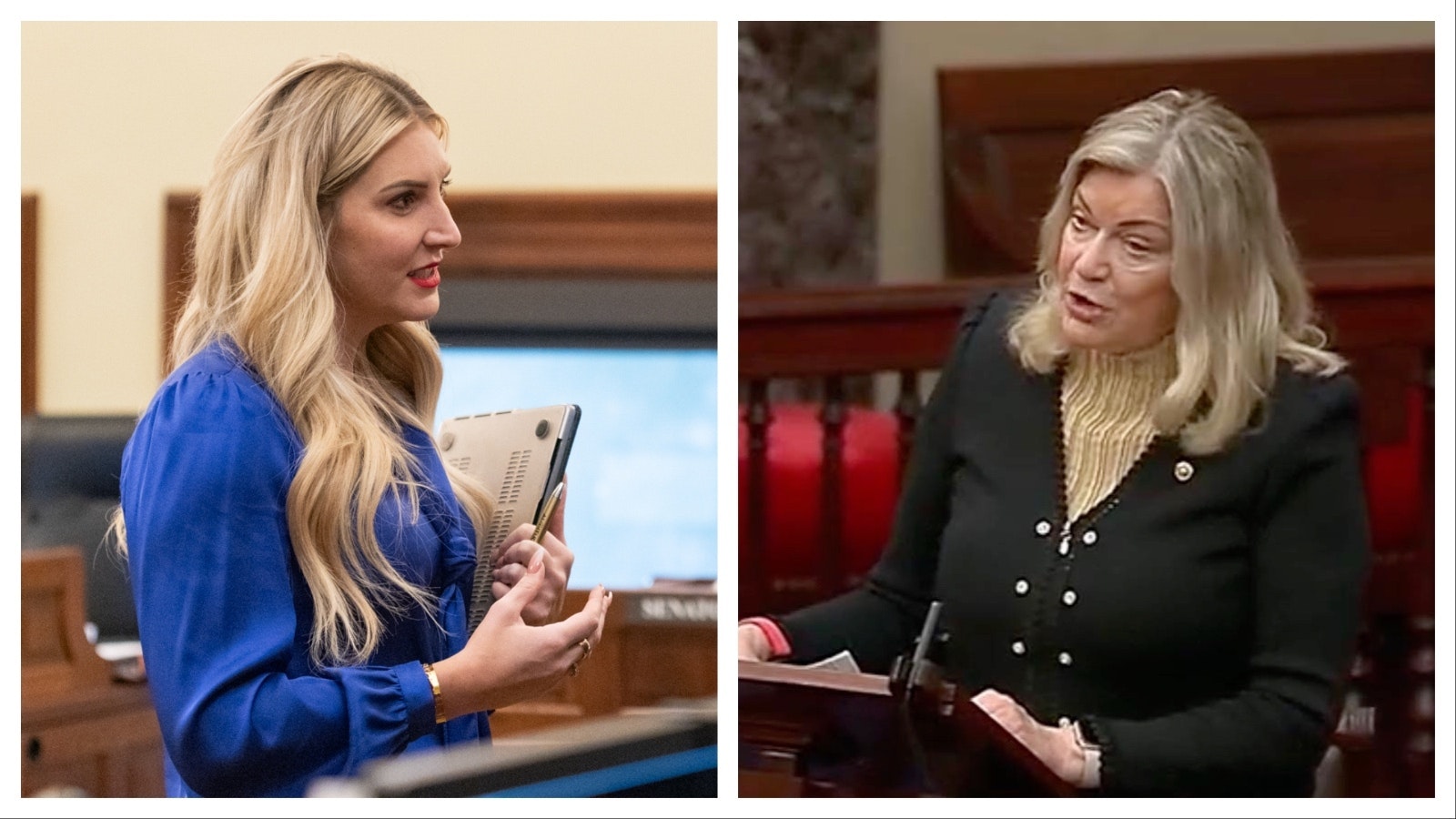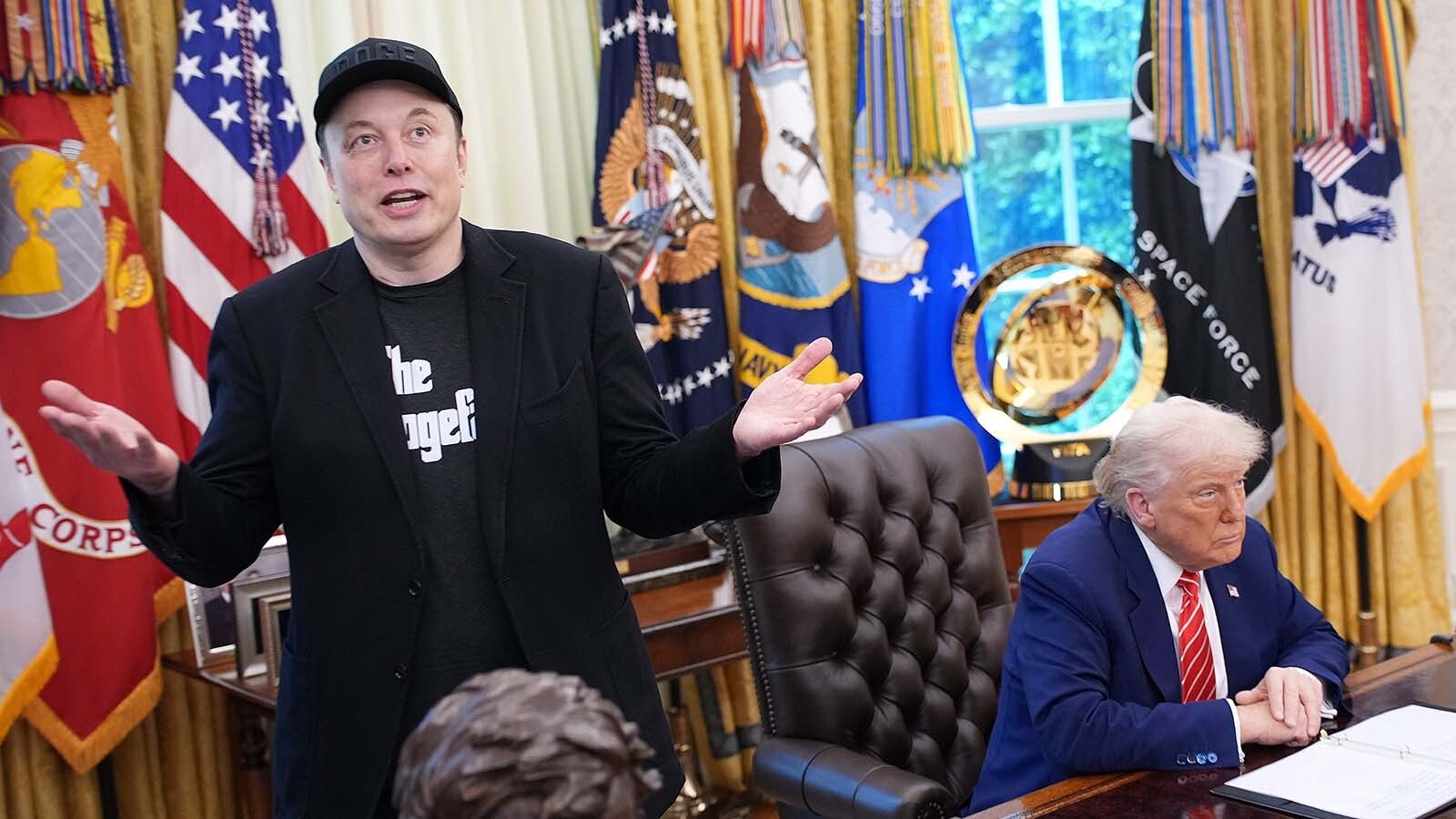By Bill Mai, guest columnist
Bill Mai is UW’s acting vice president for governmental relations.
For many years, the University of Wyoming has watered much of the green space on campus with its own irrigation wells. At the same time, the university uses water from the City of Laramie’s system for both drinking water and irrigation, including the watering of UW’s Jacoby Golf Course, which is open to use by the community.
In the face of rising fees charged by the city — and with the support and sanction of the Wyoming Legislature and the State Engineer’s Office — the university has drilled two additional wells of its own. The new wells will be used in the same way as the existing ones, but their primary initial purpose will be irrigation of Jacoby Golf Course.
While this is simply an expansion of what UW has done for decades — as well a prudent move for efficient use of the community’s aquifer and the university’s financial resources — Laramie city officials do not agree with the drilling and use of new wells by the university. They passed an ordinance last summer to prevent the development and use of non-municipal water within Laramie’s corporate limits.
Since UW has the ability under Wyoming law to permit and appropriate water, state legislators are now considering House Bill 198, which makes clear that the Laramie City Council passed an ordinance beyond its authority — and which would nullify the ordinance.
Unfortunately, city officials are working against the legislation, and they have made numerous public statements that misrepresent the situation. Here are the facts:
— Best use — UW’s new wells will be used initially to solely irrigate Jacoby Golf Course. Rather than use much-needed domestic drinking water from the city to water the golf course, UW will use irrigation water from the new wells for that purpose. This will eliminate the inherent wastefulness of spending public money to purchase potable water for irrigation of a large green space in the community.
— Costs — Since 2007, total water charges to UW from the city have increased by 47 percent. Specifically for water to irrigate Jacoby, the charges have increased by 785 percent. Since 2012, total city water charges to UW for campus irrigation (non-Jacoby) have increased by 550 percent.
In 2020, UW paid the city over $1.94 million in water fees. Even after the new UW wells are connected to the golf course and campus for irrigation, UW will pay the city more than $1.44 million per year in water charges. The new wells will save UW money, but the university will remain a very significant customer of the City of Laramie water system.
— Scope — The university has no plans to create its own municipal potable water system for the Laramie campus. The new wells are planned for irrigation purposes. Nor does the university intend to build its own water systems for other properties it owns in municipalities around the state.
— Impact on existing wells — The State Engineer’s Office carefully analyzed the UW wells during the permitting process and addressed all concerns regarding impact on the aquifer. All of the concerns and objections raised by the city have been addressed by the State Engineer’s Office during the permitting process. The state engineer has dramatically limited the amount of water that can be produced from the wells to protect all water resources in the Laramie region.
UW and Laramie city government have been strong partners for many years to move our community forward. While there is disagreement on the issue of UW drilling new wells to irrigate Jacoby Golf Course, we’re confident that we will continue to work together on many issues of importance to the university and Laramie community.





